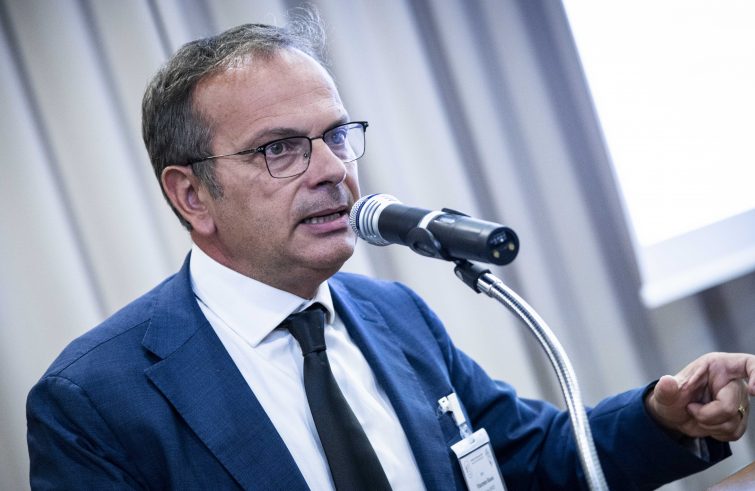
“This vote is nothing more than a cynical political stance in the run-up to the European elections. The European Parliament has no jurisdiction over abortion. The institutions of the EU are governed by the principle of subsidiarity, which protects the Member States from legislative initiatives that fall within their competence. This vote is bound to be of no practical consequence to anyone, except to garner ideological support during an election campaign”. With these words, Vincenzo Bassi, President of the Federation of Catholic Family Associations in Europe (FAFCE), commented to SIR on the Euro-Assembly’s vote calling for the incorporation of the “right to abortion” into the EU Charter of Fundamental Rights. This non-legislative resolution, which was supported by the majority of the political spectrum (336 MEPs voted in favour, 163 against and 39 abstained), includes various claims regarding abortion and “family planning”, but it also denounces the conscientious objection of physicians and the activities of pro-life groups.
“A non-existent ‘right’”. FAFCE notes that, according to the principle of subsidiarity, legislation on abortion is the responsibility of the Member States. “It is therefore a political argument that has no legal relevance whatsoever”. Furthermore
the right to conscientious objection – which has been attacked – is a fundamental right enshrined in the EU Charter
“and it must be protected in connection with abortion.” The FAFCE further clarifies that “this resolution has no legal effect and abortion cannot be incorporated into the EU Charter because it is contrary to the spirit of the Charter and the fundamental rights enshrined therein. The fact remains that abortion is not a fundamental right: there is no right to suppress human life.” Moreover, in order to effectively amend the EU Charter of Fundamental Rights, the Council of the European Union would have to reform the Treaties and adopt the amendment by a unanimous vote. An uphill task for sure.
Ideological agendas. Bassi continues his reflection: “Make no mistake, this is not about access to abortion or supporting women.” It’s about “using women as political pawns. Instead of leaving women in vulnerable situations to fend for themselves, they should be supported. Family associations should be promoted as a support for women who find themselves alone and in need.” “Not even the European Court of Human Rights recognises the right to abortion, nor does any international court. In fact, it is just a manifesto motion with ideological purposes and no legal foundation. It benefits no woman or child in the European Union.”
Support for families. Bassi continues: “European institutions and Member States must pursue policies that promote intergenerational solidarity in light of the demographic winter.”
To achieve this goal, “they must promote pro-life choices and provide families with information and resources, for the benefit of all.”
The FAFCE President concludes: “One can be pro-life and also pro-choice: the choice of women to have children and the choice of communities to grow with more births. Concrete social policies in support of women and children transcend ideological declarations that have no impact on real life.”











